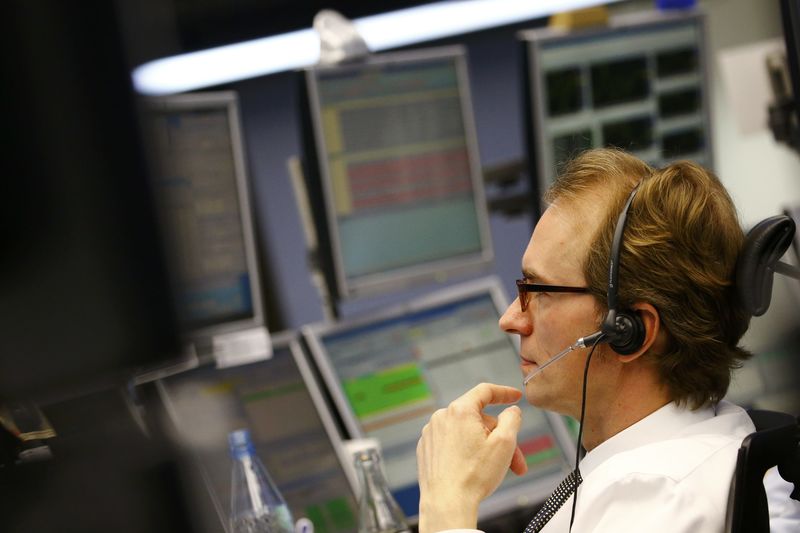FRANKFURT (Reuters) -Germany’s Thyssenkrupp (ETR:) said on Monday it is reviewing its plans for the production of green steel, casting doubt over its ambitions to use hydrogen in its push to decarbonise what is one of the most polluting industrial processes.
Shares in the group were 4% lower following the comments, which highlight the challenges German industry faces in meeting emissions targets while staying competitive in a sector that suffers from high energy costs and cheaper products from Asian rivals.
“We are continuously examining the best and most economically viable solutions under the given conditions in terms of technology and results in order to make Thyssenkrupp’s steel business climate-neutral in the long term,” it said.
The comments came in response to a report in German business daily Handelsblatt, citing internal documents as saying the group was considering halting a 3 billion euro ($3.3 billion) hydrogen-based direct reduction project that forms the core of its decarbonisation strategy.
Thyssenkrupp Steel Europe (TKSE), in which Czech billionaire Daniel Kretinsky owns a 20% stake, already warned last month that the planned direct reduction site in Duisburg could cost more than initially expected.
Around 2 billion euros of the project’s funding comes from the German government and the state of North Rhine-Westphalia, where Thyssenkrupp is based, and TKSE said possible cost increases had no impact on the subsidies.
Germany’s Economy Ministry said the grant was tied to the necessary commitment of the recipient, adding it would continue to ensure that the commitment was met.
Thyssenkrupp confirmed earlier statements saying that it currently assumed the site would be built.
TKSE is at loggerheads with parent Thyssenkrupp over how much money the business needs to survive on its own, a dispute that caused the steel division’s leadership to resign at the end of August.
($1 = 0.9108 euros)
